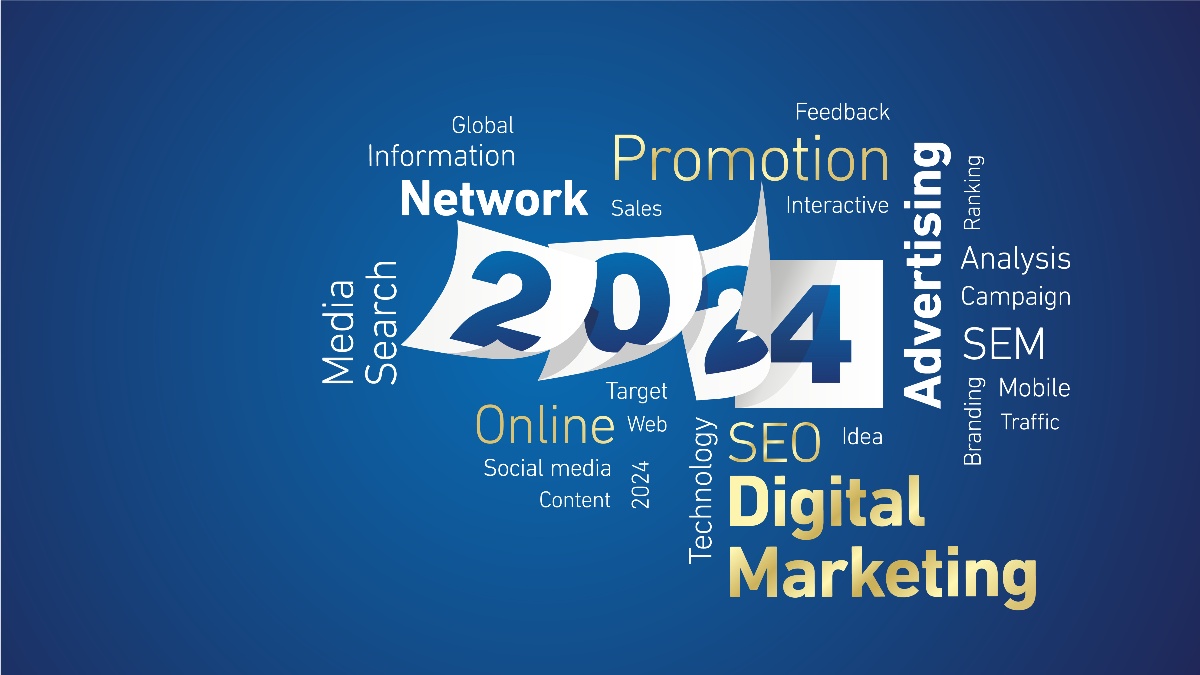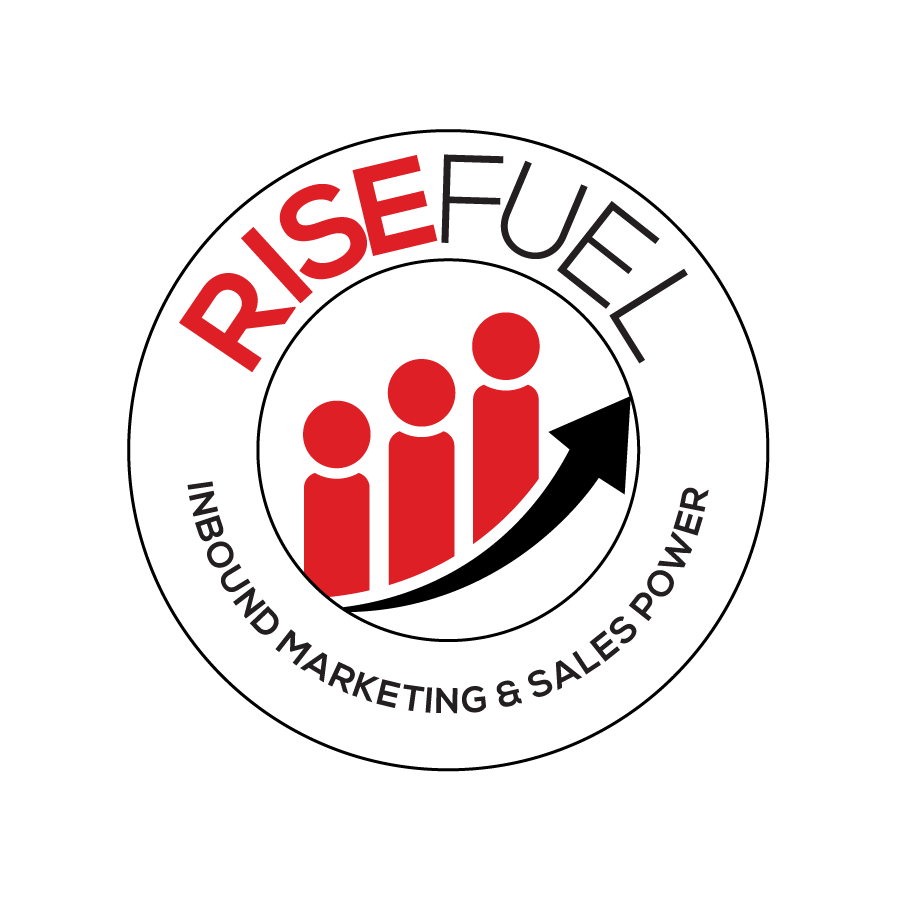
As we enter 2024, manufacturers are faced with new challenges and opportunities in the ever-evolving world of marketing. With the rapid advancement of technology and the rise of digital platforms, it's crucial for manufacturers to adopt effective marketing strategies that resonate with their target audience.
In this article, we will explore the top marketing strategies that manufacturers should consider implementing to stay ahead of the competition and drive growth in 2024.
The Importance of Marketing for Manufacturers
Gone are the days when manufacturers could rely solely on the quality of their products to drive sales. In today's highly competitive landscape, marketing plays a crucial role in building brand awareness, generating leads, and increasing sales. Effective marketing strategies not only help manufacturers stand out from their competitors but also allow them to connect with their target audience on a deeper level.
Manufacturers who invest in marketing can effectively communicate their brand values, showcase their unique selling propositions, and build trust with their customers. By leveraging marketing tactics, manufacturers can create a strong brand presence, establish themselves as industry leaders, and drive customer loyalty.
Current Trends in Manufacturing Marketing
The world of marketing is constantly evolving, and manufacturers need to stay updated with the latest trends to remain competitive. One of the key trends in manufacturing marketing is the increasing use of social media platforms. Manufacturers are leveraging platforms like Facebook, Instagram, LinkedIn, and Twitter to connect with their target audience, share valuable content, and build brand communities.
Another trend is the rise of influencer marketing. Manufacturers are partnering with industry influencers who have a significant following and influence over their target audience. By collaborating with influencers, manufacturers can reach a wider audience and build credibility and trust for their brand.
Additionally, manufacturers are adopting content marketing strategies to provide valuable information to their target audience. Through blog posts, videos, ebooks, and podcasts, manufacturers can establish themselves as thought leaders in their industry and engage with potential customers.
Challenges Faced by Manufacturers in Marketing Their Products
While marketing offers immense opportunities for manufacturers, it also presents certain challenges. One of the biggest challenges is the lack of marketing expertise within manufacturing companies. Many manufacturers have traditionally focused on production and operations, leaving little room for marketing initiatives. As a result, they may struggle to develop effective marketing strategies and execute them successfully.
Another challenge is targeting the right audience. Manufacturers often have a wide range of products that cater to different industries and customer segments. Identifying the right target market and creating buyer personas is crucial for effective marketing. Without a clear understanding of their target audience, manufacturers risk wasting resources on marketing efforts that do not yield the desired results.
Moreover, manufacturers face the challenge of differentiating themselves from competitors. In crowded markets, it's important for manufacturers to communicate their unique value propositions and highlight what sets them apart. Failure to do so may result in getting lost in the noise and being overshadowed by competitors.
Developing a Marketing Strategy for Manufacturers
To overcome the challenges and take advantage of the opportunities, manufacturers need to develop a comprehensive marketing strategy. A well-defined marketing strategy acts as a roadmap, guiding manufacturers in reaching their marketing goals and objectives.
The first step in developing a marketing strategy is to identify target markets and create buyer personas. Manufacturers need to understand their target audience's demographics, needs, pain points, and preferences. This information will help in crafting targeted marketing messages and selecting the appropriate marketing channels.
Once the target market is identified, manufacturers can then choose the right marketing channels to reach their audience effectively. This could include a mix of digital channels such as social media, email marketing, search engine optimization (SEO), and content marketing, as well as traditional channels like trade shows and print advertising.
Choosing the Right Marketing Channels for Manufacturers
When selecting marketing channels, manufacturers need to consider their target audience's behavior and preferences. For example, if their target audience is active on social media platforms, investing in social media marketing would be a wise choice. On the other hand, if their audience prefers more traditional methods of communication, such as trade shows and print media, manufacturers should allocate resources accordingly.
It's important for manufacturers to not only focus on reaching their target audience but also on engaging with them. Engaging content that provides value to the audience is key to building brand trust and loyalty. Manufacturers should create content that educates, entertains, and inspires their audience, positioning themselves as industry experts and problem solvers.
Creating Compelling Content for Manufacturers
Content is king in today's digital era, and manufacturers need to invest in creating compelling content that resonates with their target audience. Manufacturers can create various types of content, such as blog posts, videos, infographics, and case studies, to engage their audience and showcase their expertise.
When creating content, manufacturers should focus on addressing their audience's pain points and providing solutions. By understanding the challenges their audience faces, manufacturers can tailor their content to offer valuable insights and practical advice. This positions manufacturers as trusted advisors and helps build credibility for their brand.
Leveraging Digital Marketing Tools and Technologies
In the digital age, manufacturers have access to a wide range of tools and technologies that can streamline their marketing efforts and enhance their results. From marketing automation platforms to customer relationship management (CRM) systems, manufacturers can leverage these tools to automate repetitive tasks, track customer interactions, and analyze marketing performance.
Data analytics is another crucial aspect of digital marketing that manufacturers should embrace. By collecting and analyzing data, manufacturers can gain valuable insights into customer behavior, preferences, and buying patterns. This data can be used to personalize marketing messages, target specific customer segments, and optimize marketing campaigns for better results.
Measuring and Evaluating Marketing Success for Manufacturers
To ensure that marketing efforts are paying off, manufacturers need to measure and evaluate their marketing success. Key performance indicators (KPIs) such as website traffic, conversion rates, customer acquisition cost, and return on investment (ROI) can help manufacturers track the effectiveness of their marketing campaigns.
Regularly analyzing marketing metrics allows manufacturers to identify areas for improvement and make data-driven decisions. By continuously monitoring and optimizing their marketing efforts, manufacturers can maximize their return on investment and drive sustainable growth.
In the rapidly changing landscape of marketing, manufacturers need to adapt and embrace new strategies to stay ahead. By leveraging social media platforms, creating compelling content, and adopting digital marketing tools and technologies, manufacturers can connect with their audience, build brand awareness, and drive growth in 2024 and beyond.
Additionally, by focusing on providing a seamless customer experience and continuously evaluating marketing performance, manufacturers can position themselves as industry leaders and thrive in the competitive marketplace. Embracing marketing as a core aspect of their business will enable manufacturers to achieve long-term success and drive sustainable growth.















